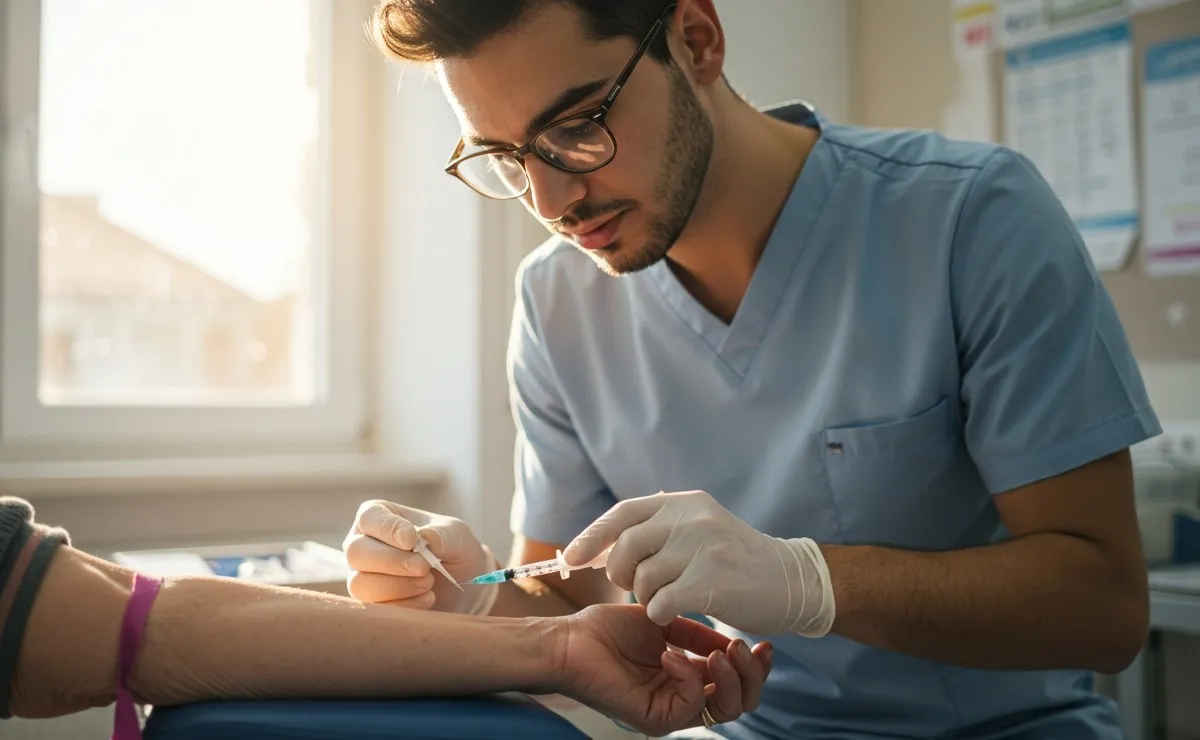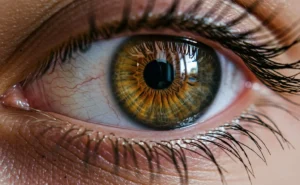Fasting before a blood test is essential for accurate results. In most cases, it is recommended not to consume food or drink (except water) for 8 to 12 hours before the test, although this period may vary depending on the type of test ordered and your doctor’s instructions.
During this time, it’s also important to avoid activities that could affect the results, such as smoking, chewing gum, or exercising. The main goal of fasting is to prevent nutrients present in the blood—such as glucose, fats, and proteins—from interfering with the measurements of the various parameters evaluated.
Fasting before a blood test is essential for accurate results. In most cases, it is recommended not to consume food or drink (except water) for 8 to 12 hours before the test, although this period may vary depending on the type of test ordered and your doctor’s instructions.
During this time, it’s also important to avoid activities that could affect the results, such as smoking, chewing gum, or exercising. The main goal of fasting is to prevent nutrients present in the blood—such as glucose, fats, and proteins—from interfering with the measurements of the various parameters evaluated.
The most common tests that require fasting include the glucose test, which is essential for diagnosing and managing diabetes; the lipid profile, which measures cholesterol and triglycerides; and the basic metabolic panel, which assesses liver, kidney, and cardiovascular system function.
For convenience, it’s recommended to schedule the test first thing in the morning, allowing for a significant portion of the fasting time to occur while you’re asleep. This helps reduce hunger and makes it easier to follow your instructions.
As for beverages, only plain water is allowed, as other beverages like coffee, juice, or soft drinks can alter blood counts . Staying hydrated with water is not only permitted, but it can also make sample collection easier.
If the fast is broken by mistake, it is best to notify the laboratory staff or your attending physician. They will decide whether the test can be performed or whether it needs to be rescheduled to avoid falsifying the results.
Once the blood test is complete, you can resume eating normally. In any case, it is recommended to always follow your healthcare professional’s instructions to ensure accurate diagnosis and successful treatment.























+ There are no comments
Add yours